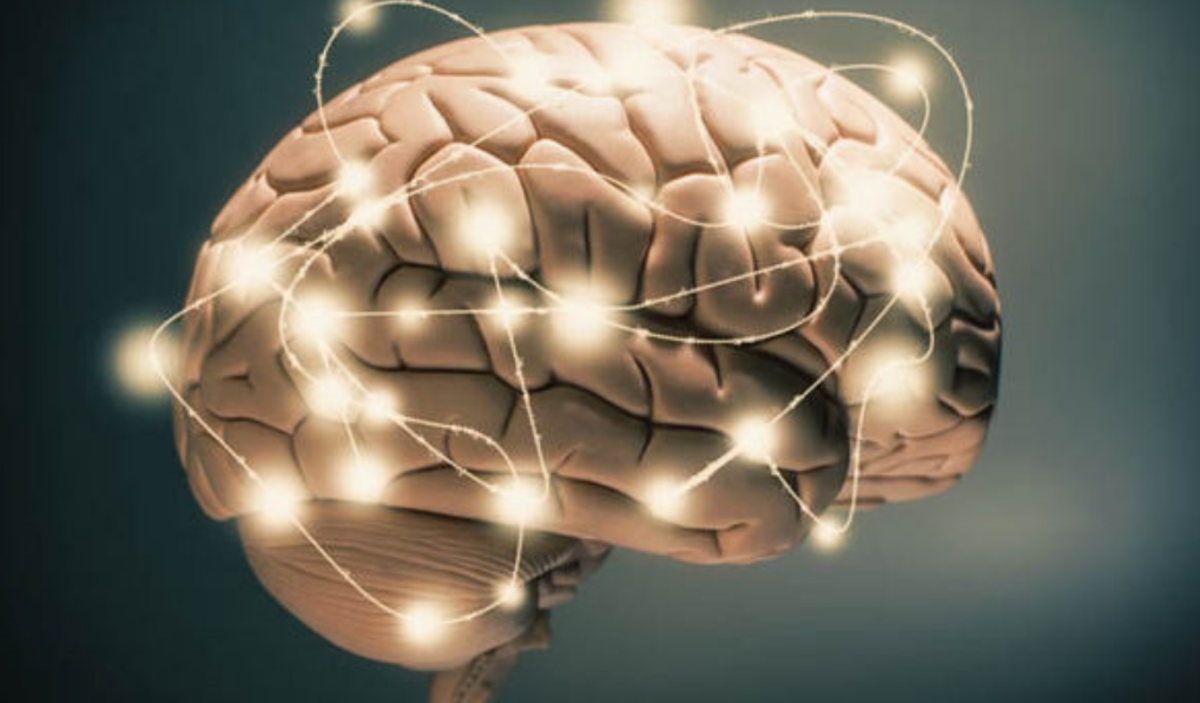How to Improve Memory Power
How to improve memory
If you have been wondering how to improve your memory you are not alone. There are roughly 304,000,000 searches worldwide, and most people are looking for answers to this question. A poor memory could be the cause of poor performance in academics, social embarrassments or even a difficult life. Learning disabilities are often caused by an ineffective working memory. There is hope yet and you can improve your memory, learn new concepts and skills even at an advanced age. All you have to do is learn a few techniques to rewire and map your brain. Understanding how short term memory is converted into long-term memory would help you improve your memory and achieve your goals while living a fuller, richer life.

Research proves that our brain is like a muscle and it is can only remain strong and efficient when it is exercised. Memory is the means of consolidating learning. That brings us back to the question of , “How to improve your memory?” When you convert short-term memory to long term memory, it rewires the brain, enabling you to think creatively and solve problems in your everyday life. The task of conversion of the things you see, hear and experience from the short term to the long-term memory is a three-pronged process, namely reception of required information, processing the information and storage of information for later use.
Improve your Memory - Tips
When there is a certain amount of inefficiency in these three areas, learning tends to be impaired, along with your memory. It is your memory which enables what is learned to be put to use effectively in the future. In order to ensure that memory is accurate, one needs to focus on these three areas of memory processing.
While receiving information, your mind needs to be open and ready. You need to put your mind in the right mode for learning so that there are no disruptions and distractions during that period. Concentration is the key to improving your memory. Being able to keep your mind free from distractions, physical and emotional, enables you to properly focus on the subject at hand. This helps you to accurately sort out and process the information you need and drop what you consider unimportant.
The accuracy of perception is heightened when the mind is free of biases and prejudice. You could also improve this section of memory processing by telling yourself “pay attention”, or repeating what is heard or seen, circling/highlighting words etc. These methods force you to pay undivided attention to the information received through sensory perception, for it to be processed into your short-term memory accurately. The accuracy of information that is transferred to memory is a crucial stage in the process.

The second step is the transferring of information to the short-term memory. This needs to be done quickly. Your short-term memory can only hold limited information in small capsules for a short time.
To make this process effective you need to be able to clear your mind of unwanted information. This chore of cleaning the unwanted information is thankfully done automatically by the mind; you only need to focus on your learning.
When you have huge chunks of information to be processed, piece them together like you would a puzzle. Learn how the information goes together. Without understanding their relationships (which makes the information meaningful), the brain finds it difficult to retain it.
The third part of the process is ensuring that the information that you have stored is easily retrievable. This stage is the transfer of information from short term to long-term memory.
At this stage it is important to take time to contemplate what you have learned. This helps build strong neural pathways, the association more cohesive, the meaning more understandable and memory more intact. This inward contemplation helps seal in the understanding of concepts and values.
I personally learn a lot of scriptures word perfect with references. At first when I attempted to memorize it I found that this was next to impossible. I was over thirty and thought that my memory was not so good anymore. However, I learned that once I got over that impossible mindset, things went smoothly. Later I had to teach teenagers to learn these scriptures and they just threw up their hands in despair. We made little games to make memorizing possible. For example these scriptures: ‘For I know the plans that I have for you,‘ declares the LORD, 'plans for welfare and not for calamity to give you a future and a hope‘., was dubbed my earthly security number Jer 29:11 and the date 29/11 was the birthday of one of the group members..this then became easier. “Then you will call upon Me and come and pray to Me, and I will listen to you.” was dubbed God’s Hotline - Jer 29:12 with a punchline - I use it to call Him and pray.. He listens.
When you learn that,there is a method to the madness..learning becomes easy. Making your information meaningful is the key. Assign personal meaning to the information and you will never forget numbers or information ever again.
However you need to make the effort to recall them a few times during the day, by asking yourself to remember the hotline number and the code words, or the associations you’ve created. This way it becomes etched in your memory. Repetition or rehearsal of learned information is vital to memory retention.
Did you know that Exercise improves your memory?
The research team found that adults aged 55 to 80 years who walked around a track for 40 minutes on three days a week for a year increased the volume of their hippocampus, the brain region that is implicated in memory and spatial reasoning. However, older adults assigned to a stretching routine showed no hippocampal growth.
Although it has been said that repeated studying is great for memory, recent studies show that tests, tests and more tests are excellent for memory. Studies showed that those who took the test repeatedly were able to reproduce more from memory than those who did not repeat all of the information regularly. It was found that the ones who repeatedly tested on all that they learned, became more proficient, and showed a better memory retrieval process. So don’t complain when you have to take those numerous tests at school, they help you improve your memory.
The more you use the information, the longer it will stay with you. I have noticed those students who have not learned their scriptures or used it so much during a vacation, seem to have forgotten parts of what they have learned, and their memory has gaps in them. The key is to often go back and retrieve the information stored or read something related to what you already know. As newer connections happen, older learned concepts are strongly reinforced.

Use notes, recordings, highlighted, summarized texts etc. for revision, which makes it easy for your brain to retrieve the information quickly.
You could also develop strong visual prompts by learning the art of taking visual snapshots of the information. For example, if you need to remember where you left your car keys, stop for a couple of seconds to look at the place you dropped the keys, make note of the position of the keys as they have fallen, see what is near the keys (the crystal vase perhaps), make a mental note of the table on which you dropped the keys (the low coffee table or the high side table). It takes a couple of seconds to build mental maps but when it’s done you don’t have to waste ten minutes searching. I often know the exact place (as in upper left corner) of the scripture I am searching for, I may not know the scripture since I am yet to memorize it, but I have mapped it for easy recovery.
‘Sleep on it’. Have you heard that phrase? Well, studies prove that this is an effective method to improve learning and memory. Sleep helps process the information in your short term memory into your long term memory. Students, who burn the midnight oil, cramming, need to know that you can achieve more by sleeping over what you study. Sleep is important for effective learning. In a study done on music students, a melody, which was taught, and a melody, which the students were not familiar, were played to them while asleep. It was found that the students played the melody that they had learned with few errors than the one they had not learned. Sleep helps in the consolidation of learned information. So do not forget to sleep while listening to the recording of those things that you find it difficult to remember.
The last piece of information that I would like to provide, which is not the least in importance to the others presented above is - ‘choose the toughest path’. When your brain is completely involved in grasping concepts, figuring out stuff, it is being stretched to its maximum potential. This helps increase your capacity to learn and remember. I have noticed that since cellular phones came into use I have lost a major part of my memory, as I do not learn and store numbers in my brain anymore. I really need to get back to memorizing numbers just to give my brain more work and keep the neurons firing.
Tease your brain, stretch it some more, improve your memory and live a fuller, richer life.








